Table of Contents
You accidentally ate moldy cheese while pregnant, and now your mind is racing faster than your pregnancy cravings. Before you spiral into a Google frenzy or swear off fromage forever, take a deep breath. We’re about to slice through the panic and culture some facts about this fuzzy situation. Pregnancy turns many women into food detectives, scrutinizing every morsel that passes their lips. But sometimes, despite our best efforts, an unwelcome guest sneaks onto our plate – like that sneaky mold you didn’t spot on your favorite cheddar.
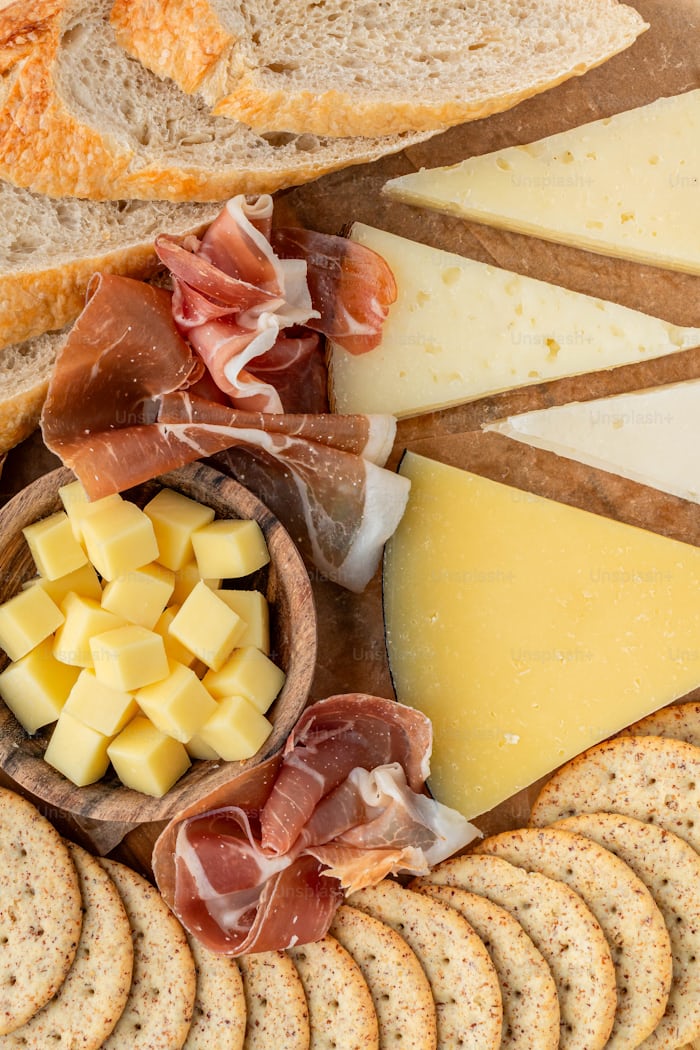
Whether you’re dealing with post-nibble anxiety or just want to beef up your pregnancy food safety knowledge, we’ve got you covered. Let’s explore what really happens when mold crashes your prenatal cheese party, and how to handle this less-than-appetizing surprise. Spoiler alert: It’s probably not as dire as you think, but it’s definitely worth talking about.
Understanding Mold on Cheese: Types and Appearance
When it comes to cheese, not all mold is created equal. Let’s break down what you might encounter on your favorite dairy delights:
Safe Molds
- Blue cheese molds: Think Roquefort, Gorgonzola, or Stilton. These bluish-green veins are actually edible cultures.
- White, powdery rinds: Common on Brie or Camembert, these are typically safe to consume.
Potentially Harmful Molds
- Fuzzy green or gray spots: Often found on harder cheeses, these can indicate spoilage.
- Black mold: This is a no-go for any cheese and should always be avoided.
- Pink or yellow discoloration: These unusual hues can signal bacterial growth.
How to Spot Trouble
- Texture changes: If your cheese feels slimy or has an unusual dampness, it’s time to say goodbye.
- Odd smells: While many cheeses have strong aromas, an ammonia-like or rotten egg smell is a red flag.
- Discoloration beyond the rind: Mold penetrating into softer cheeses is cause for concern.
Remember: Hard and semi-hard cheeses (like cheddar or Gouda) can sometimes be salvaged by cutting away the moldy part, plus an extra inch for safety. However, soft cheeses should be discarded if any mold appears.
During pregnancy, it’s best to err on the side of caution. When in doubt, throw it out. Your peace of mind (and your health) is worth more than saving that wedge of questionable cheese.
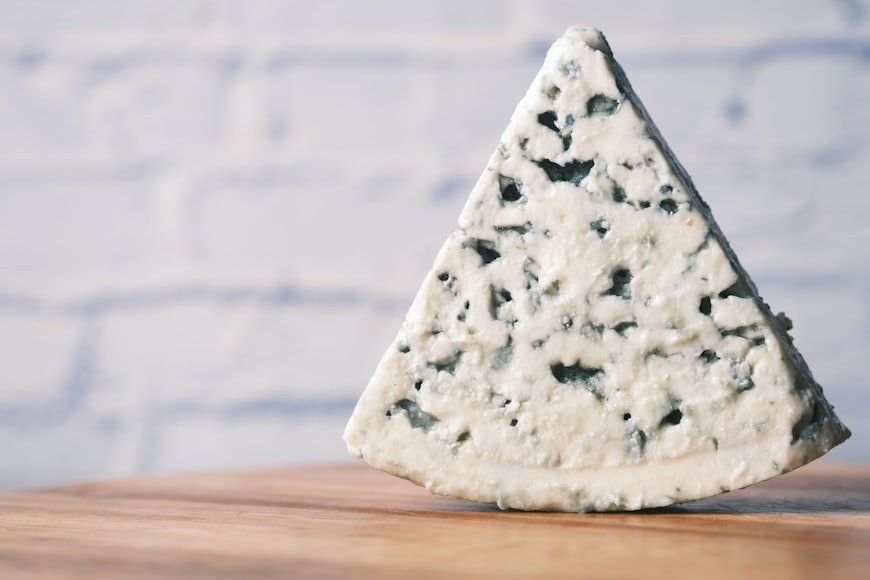
Potential Risks of Consuming Moldy Cheese During Pregnancy
If you’ve accidentally ate moldy cheese while pregnant, it’s natural to feel concerned. Let’s explore the potential risks to help you understand what’s at stake:
Foodborne Illness:
- The primary concern when you’ve accidentally ate moldy cheese while pregnant is the risk of foodborne illness.
- Some molds produce mycotoxins, which can cause food poisoning.
- Symptoms may include nausea, vomiting, and diarrhea, which can be more severe during pregnancy.
Listeriosis:
- While rare, listeriosis is a serious concern for pregnant women who’ve accidentally ate moldy cheese while pregnant.
- Soft cheeses are particularly susceptible to Listeria bacteria, which can thrive alongside some molds.
- Listeriosis can lead to miscarriage, stillbirth, or severe illness in newborns.
Allergic Reactions:
- Some individuals may experience allergic reactions to mold spores.
- If you’ve accidentally ate moldy cheese while pregnant and have a mold allergy, watch for symptoms like itching or difficulty breathing.

Compromised Immune System:
- Pregnancy naturally suppresses your immune system, making you more vulnerable to infections. This means that accidentally eating moldy cheese while pregnant could potentially have more severe consequences than it would for non-pregnant individuals.
It’s important to note that not every instance of accidentally eating moldy cheese while pregnant will result in illness. The risks depend on various factors, including the type of mold, the amount consumed, and your individual health status.
If you’ve accidentally ate moldy cheese while pregnant, don’t panic. Monitor your symptoms and contact your healthcare provider if you experience any unusual discomfort or concerns. They can provide personalized advice based on your specific situation.
Remember, prevention is key. Always inspect your cheese carefully before eating, especially during pregnancy, to avoid accidentally eating moldy cheese while pregnant in the future.
Immediate Steps to Take After Accidentally Eating Moldy Cheese
If you’ve just realized you’ve eaten moldy cheese, here’s what to do:
- Stay calm: Stress isn’t good for you or your baby.
- Don’t induce vomiting: This can cause unnecessary strain.
- Drink water: Stay hydrated to help your body process what you’ve eaten.
- Write it down: Note what you ate, how much, and when. This information may be helpful later.
- Monitor yourself: Pay attention to how you feel over the next 24-48 hours.
- Contact your healthcare provider: Let them know what happened. They may want to see you as a precaution.
Remember, many cases of accidental moldy cheese consumption don’t lead to serious issues, but it’s always better to err on the side of caution during pregnancy.
When to Seek Medical Attention: Symptoms to Watch For
While not every case requires a doctor’s visit, certain symptoms warrant immediate medical attention:
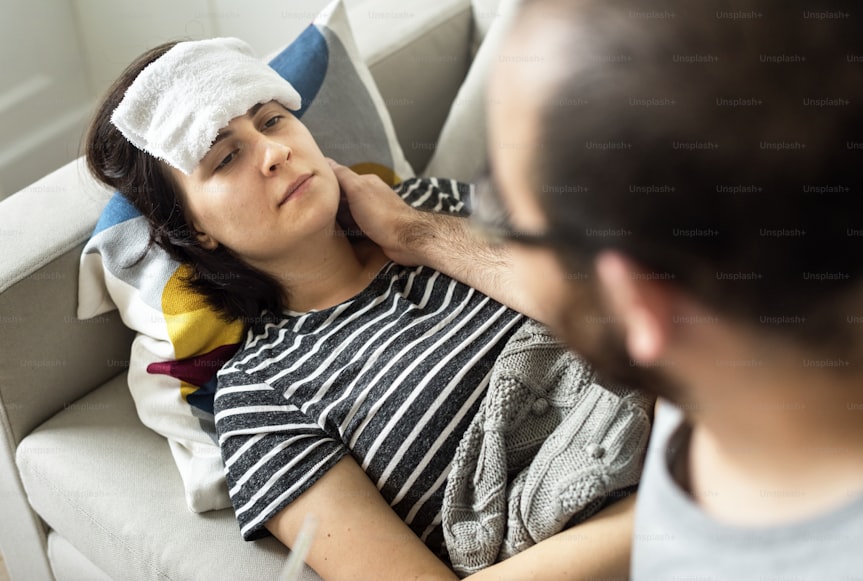
- Fever: Any temperature over 100.4°F (38°C) during pregnancy is concerning.
- Severe abdominal pain or cramping: This could indicate a more serious issue.
- Persistent vomiting or diarrhea: These can lead to dehydration.
- Flu-like symptoms: Including body aches and chills.
- Decreased fetal movement: If you notice your baby moving less than usual, contact your provider right away.
Don’t hesitate to call your healthcare provider if you’re worried. They’re there to help and can provide personalized advice based on your specific situation and medical history. It’s always better to check and be reassured than to worry unnecessarily.
Safe Cheese Consumption During Pregnancy: Guidelines and Precautions
Navigating the world of cheese during pregnancy doesn’t have to be daunting. Here’s a handy guide to help you enjoy cheese safely:
Safe Cheeses
- Hard cheeses: Cheddar, Parmesan, and Gouda are generally safe due to their low moisture content.
- Pasteurized soft cheeses: Cream cheese, cottage cheese, and mozzarella made from pasteurized milk are good choices.
- Processed cheeses: Think pre-packaged cheese slices or spreads, which are typically safe.
Cheeses to Avoid
- Soft, unpasteurized cheeses: Brie, Camembert, and feta made from raw milk can harbor harmful bacteria.
- Blue-veined cheeses: Roquefort, Gorgonzola, and Danish Blue are best avoided unless cooked thoroughly.
- Mexican-style soft cheeses: Queso fresco, panela, and queso blanco, unless made with pasteurized milk and labeled as such.
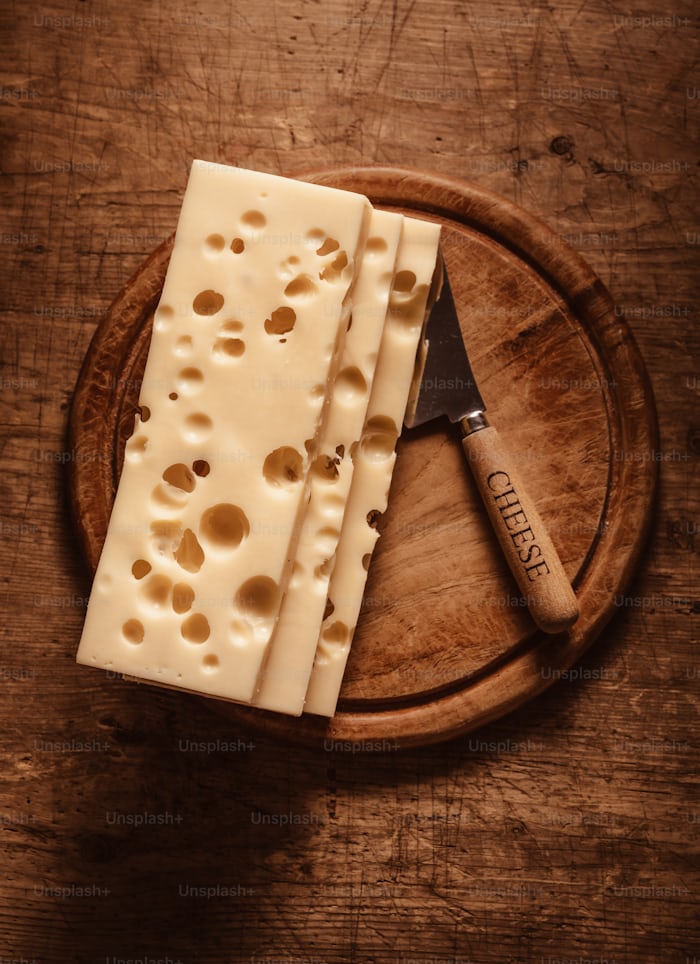
General Precautions
- Check labels: Always look for “made from pasteurized milk” on the packaging.
- Store properly: Keep cheese refrigerated at or below 40°F (4°C).
- Practice good hygiene: Wash hands before handling cheese and use clean utensils.
- Consume within recommended timeframes: Follow “use by” dates and storage guidelines.
Cooking Tips
- Heat kills most harmful bacteria. If you’re craving a cheese on the “avoid” list, consider using it in cooked dishes where it reaches 165°F (74°C).
- Avoid raw cheese sauces or dips made with unpasteurized cheese.
Portion Control
- While safe cheeses are okay to eat, remember that moderation is key. Cheese is high in calories and saturated fat.
- Aim for 1-2 servings of dairy per day as part of a balanced diet.
Remember, these guidelines are general. Your healthcare provider may have specific recommendations based on your individual health needs. When in doubt, it’s always best to consult with them for personalized advice.
By following these guidelines, you can continue to enjoy cheese as part of a healthy pregnancy diet while minimizing risks. Cheese can be a great source of calcium and protein, both important nutrients for you and your growing baby.
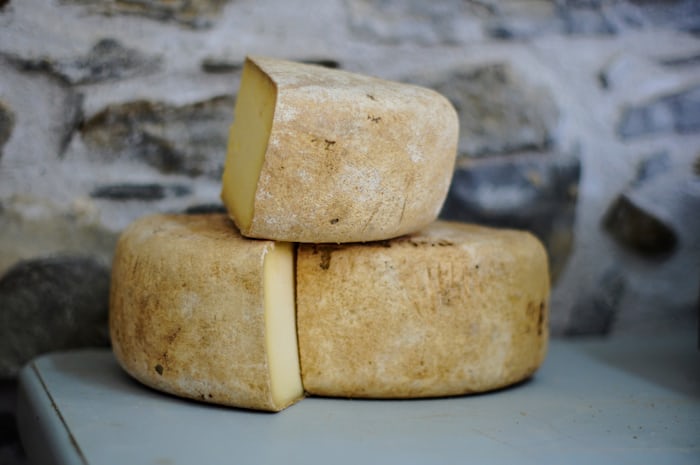
Preventing Future Incidents: Proper Cheese Storage and Inspection
Keeping your cheese safe is easier than you might think. Here are some practical tips to help you avoid accidentally consuming moldy cheese in the future:
Storage Best Practices
- Temperature control: Keep your refrigerator at or below 40°F (4°C).
- Proper wrapping: Use cheese paper, parchment paper, or loosely wrapped plastic wrap to allow some air circulation.
- Separate storage: Keep strong-smelling cheeses away from other foods to prevent cross-contamination.
Shelf Life Guidelines
- Hard cheeses: Can last 3-4 weeks after opening.
- Soft cheeses: Use within 1 week of opening.
- Always check the “use by” date and trust your senses.
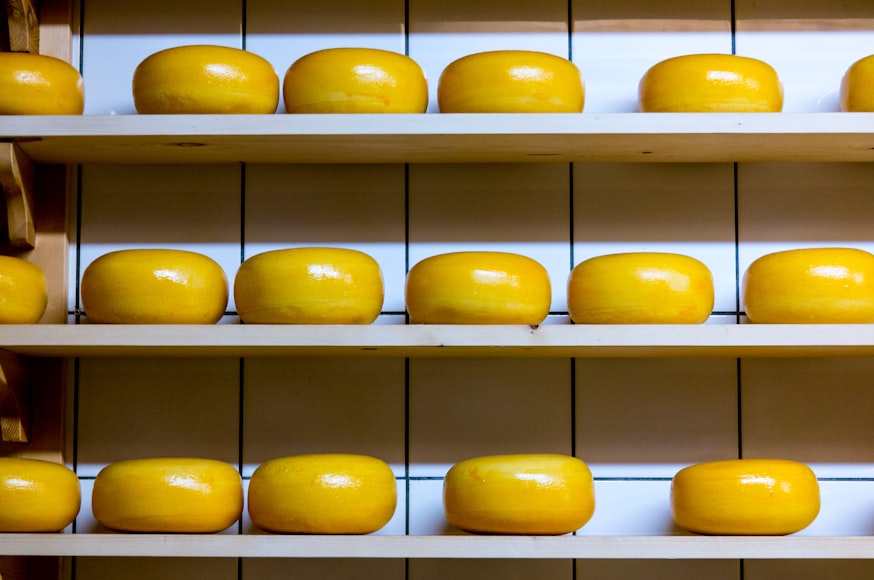
Inspection Tips
- Visual check: Look for any unusual colors or textures before each use.
- Smell test: If it smells off or too strong, it’s best to discard it.
- Cutting away: For hard cheeses, you can cut off small moldy parts (plus an extra inch), but if in doubt, throw it out.
Shopping Smart
- Buy smaller quantities to ensure freshness.
- Check packaging for any signs of damage or previous opening.
- Choose pasteurized cheeses when possible during pregnancy.
When to Discard
- Any soft cheese with mold
- Hard cheese with mold penetrating deeply
- Cheese that feels slimy or has changed texture
Remember, during pregnancy, it’s better to be cautious. If you’re unsure about a cheese’s safety, it’s best to avoid it. Your health and peace of mind are worth more than any cheese!
By following these storage and inspection practices, you can significantly reduce the risk of encountering moldy cheese, ensuring a safer and more enjoyable cheese experience during your pregnancy.
Follow On:
